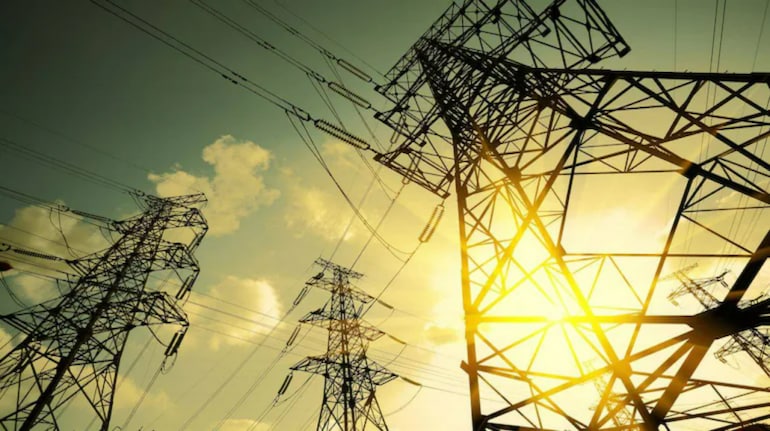



Declaring that the world is in the midst of the “first truly global energy crisis” induced by the Russian invasion of Ukraine and the Covid-19 pandemic, the International Energy Association (IEA) on October 27 warned that about 70 million people might lose access to electricity for not being able to afford it. The IEA said this would particularly play out in developing countries as high prices and inflation are slowing progress towards universal access to modern energy.
The number of people without electricity is likely to rise in 2022 for the first time in decades, making the global target of universal access by 2030 difficult, the IEA said while suggesting more ambitious targets, effective implementation measures and higher levels of investment.
“Today, the world is in the midst of the first truly global energy crisis, with impacts that will be felt for years to come. Russia’s unprovoked invasion of Ukraine in February has had far‐ reaching impacts on the global energy system, disrupting supply and demand patterns and fracturing long‐standing trading relationships. The crisis is affecting all countries, but at the IEA, we are particularly concerned about the effect it is having on the people who can least afford it,” said Fatih Birol, executive director, IEA.

The IEA on October 27 released a 524-page report, World Energy Outlook 2022, which highlights how the energy crisis is “a shock of unprecedented breadth and complexity”. It stated that as a global average, households typically spend around 7 percent of income on energy, half for energy used in the home for a variety of end‐uses such as heating, cooling, lighting and cooking. The IEA has estimated that worldwide, the number of people living in households spending at least 10 percent of their income on energy used in the home increased by 160 million between 2019 and 2022 (assuming similar levels of household energy use in both years).
“One of the striking findings in this year’s World Energy Outlook (WEO) is that the combination of the Covid pandemic and the current energy crisis means that at least 70 million people who recently gained access to electricity will likely lose the ability to afford that access – and 100 million people may no longer be able to cook with clean fuels, returning to unhealthy and unsafe means of cooking. That is a global tragedy,” said Birol. The report states the number of people losing access to electricity due to affordability could actually be 75 million instead of 70 million.
The WEO 2022 report, analysed by Moneycontrol, found that in emerging market and developing economies, the poorest households consume nine times less energy than the wealthiest, but spend a far higher proportion of their income on energy. Besides, the least well‐off often live in less efficient buildings, utilise older inefficient appliances, and rely on more inefficient means for cooking and heating.
The IEA appealed to all the countries that policy interventions are essential to help poorer households cope with the higher upfront costs of clean energy investments (such as efficiency and electrification). It warned that if climate policies do not do this, they risk being socially divisive, especially in a high-price environment.
“While oil use for transport is not considered in this estimate, high and volatile oil prices are also triggering rapid rises in retail prices, and this may lead to households that already have low per capita energy consumption levels being forced to reduce energy consumption even further… As a result of higher prices for liquefied petroleum gases (LPG), an estimated 100 million people have had to switch from LPG for cooking to traditional stoves. This is a clear manifestation of extreme energy insecurity caused by the Covid‐19 pandemic and the energy crisis,” read the report.
Discover the latest Business News, Sensex, and Nifty updates. Obtain Personal Finance insights, tax queries, and expert opinions on Moneycontrol or download the Moneycontrol App to stay updated!
Find the best of Al News in one place, specially curated for you every weekend.
Stay on top of the latest tech trends and biggest startup news.